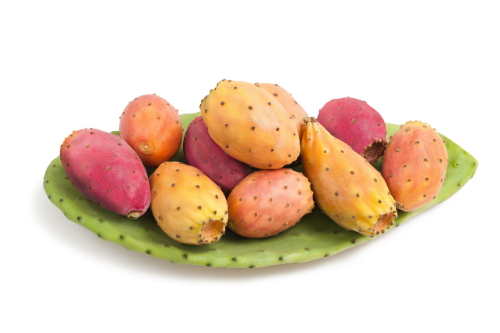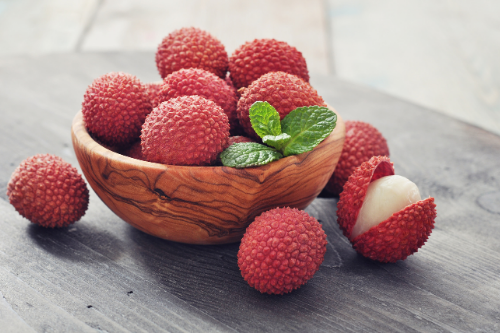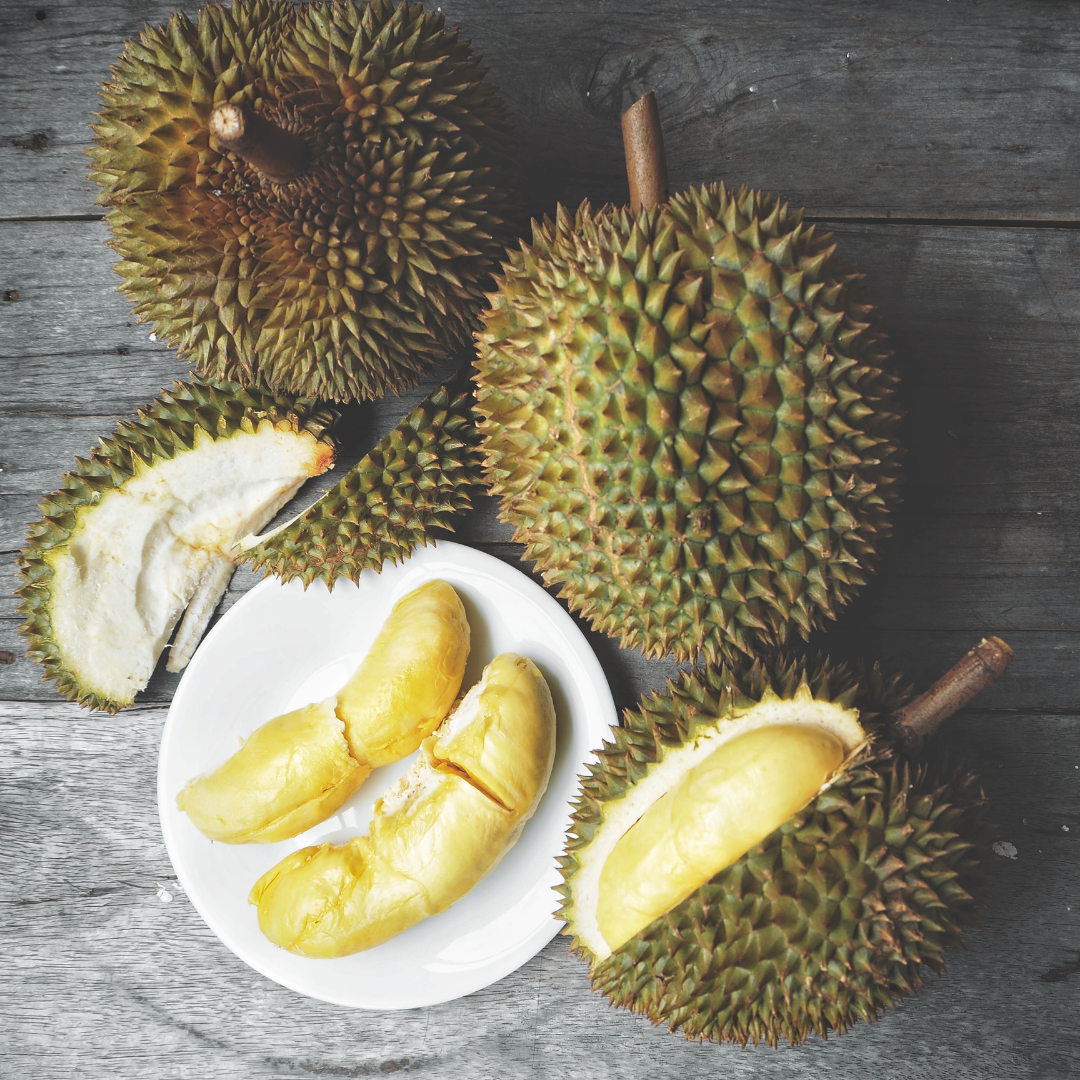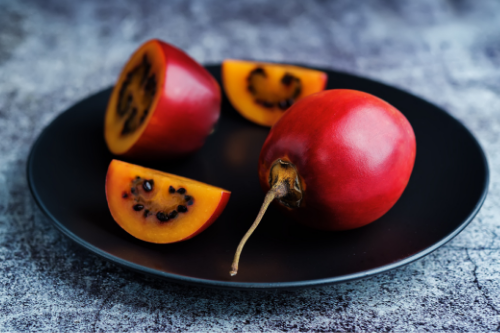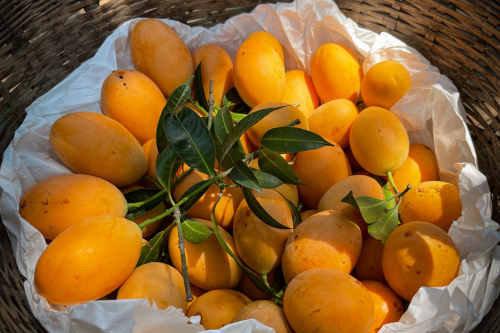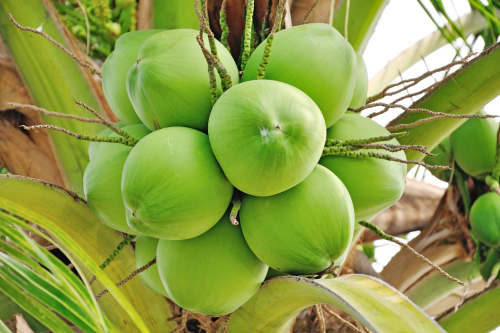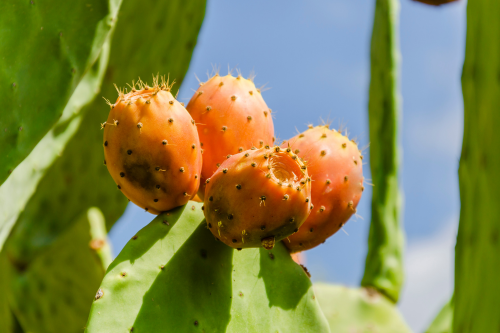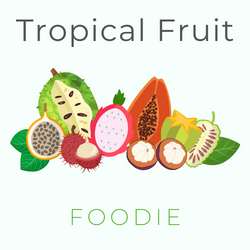Prickly pear
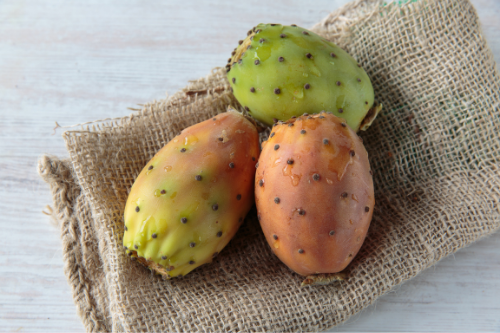
A prickly pear is the fruit of a cactus. Cactus pears have a sweet taste and can sometimes be a bit slightly sour. The taste is somewhat reminiscent of that of a pear.
Prickly pears are very healthy; they contain a lot of vitamins and minerals. For example, the prickly pear is rich in magnesium, potassium, calcium, vitamin B2 and C, among others.
The prickly pear, also known as the cactus pear, is a fruit that comes from the cactus plant. This fruit has a sweet taste with a slightly sour aftertaste that is reminiscent of a pear. While it may not be as well-known as other fruits, the prickly pear is certainly worth trying out for its unique taste and health benefits.
Health benefits prickly pear
Boosts immune system
Prickly pear is a nutrient-dense fruit that is rich in various vitamins and minerals. In fact, just 100 grams of prickly pear contains 24% of the recommended daily allowance of vitamin C. This essential nutrient is primarily found in the edible seeds of the cactus fruit and is known for its ability to support a healthy immune system.
Moreover, vitamin C has been shown to enhance the efficacy of fluoxetine, a natural antidepressant. By incorporating prickly pear into your diet, you can not only ensure that your body is getting enough vitamin C, but also reap the benefits of its potential antidepressant effects.
Beneficial for your blood vessels
Stress can cause many problems, and so can blood vessels. Cactus fruits have a positive effect on the endothelium (the separation between blood vessels and lymphatic vessels). Especially the betalains ensure that the endothelium is protected against oxidative stress.
Blood vessels are also a crucial component of overall health, as they are responsible for transporting oxygen and nutrients throughout the body. The endothelium, which separates blood vessels from lymphatic vessels, is particularly important for maintaining healthy blood flow.
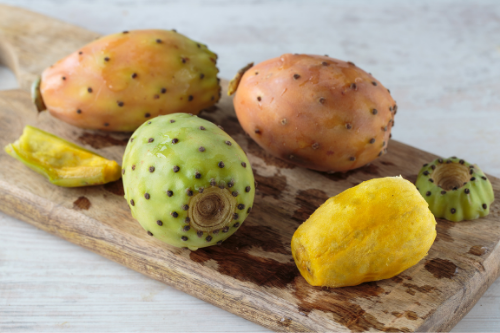
May help with stomach ulcers
In Sicilian folk medicine, prickly pear has long been utilized for treating various ailments, including stomach ulcers. This is an interesting and promising prospect, as stomach ulcers are quite common and can be both painful and debilitating. Recently, in 2001, a study was conducted on the effectiveness of prickly pear in treating stomach ulcers, albeit on rats.
The results of the study were quite positive, with rats who had consumed prickly pears showing significant improvement and even complete healing of the ulcers. The scientists who conducted the study attribute this success to the presence of mucilage in the prickly pear. It is believed that mucilage can help to protect the stomach lining and promote healing of damaged tissues.
Helps strengthen your bones
Prickly pears are a type of cactus fruit that have been shown to have numerous health benefits. In addition to their high calcium content, they are also rich in other minerals such as potassium and magnesium, which are important for maintaining healthy bones. Furthermore, prickly pears are a good source of dietary fiber, which can help improve digestion and reduce the risk of certain diseases.
Additionally, the antioxidants found in prickly pears have been linked to a range of health benefits, including lower risk of chronic diseases such as cancer and heart disease. Therefore, incorporating prickly pears into your diet can be a simple and effective way to promote overall health and wellbeing.
Helps against oxidative stress
Betalains and vitamin C in prickly pear show in a study to counteract oxidative stress. So these substances together are a good antioxidant. According to a study, prickly pear contains betalains and vitamin C, which have been found to be effective in counteracting oxidative stress.
What is oxidative stress, you may ask? Oxidative stress refers to an imbalance between the production of free radicals and the body’s ability to counteract or detoxify their harmful effects through neutralization by antioxidants. Free radicals are unstable molecules that can damage cells and contribute to aging and diseases such as cancer, diabetes, and Alzheimer’s.
Other health benefits
Related blogs
This blog post on health benefits is written from the writer’s personal view and research. We have no medical background. For medical advice, we consult you to contact your doctor (or a specialist or expert). Read our full diclaimer here.
